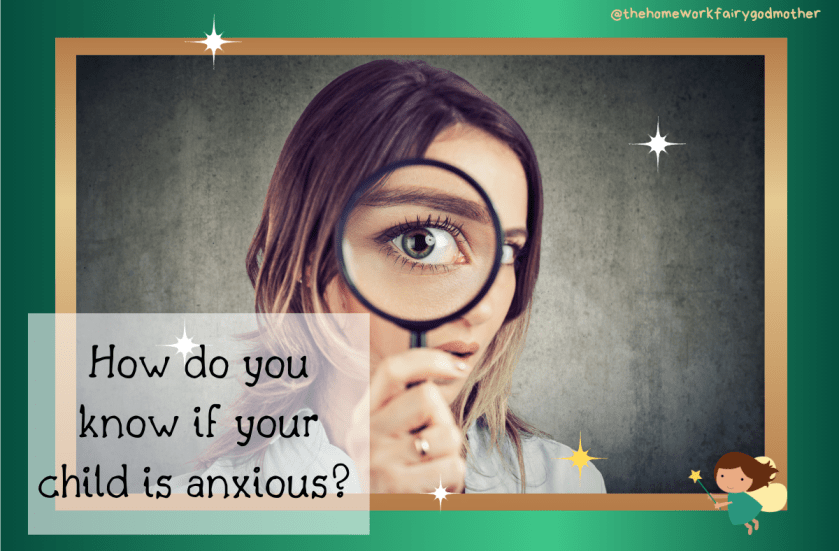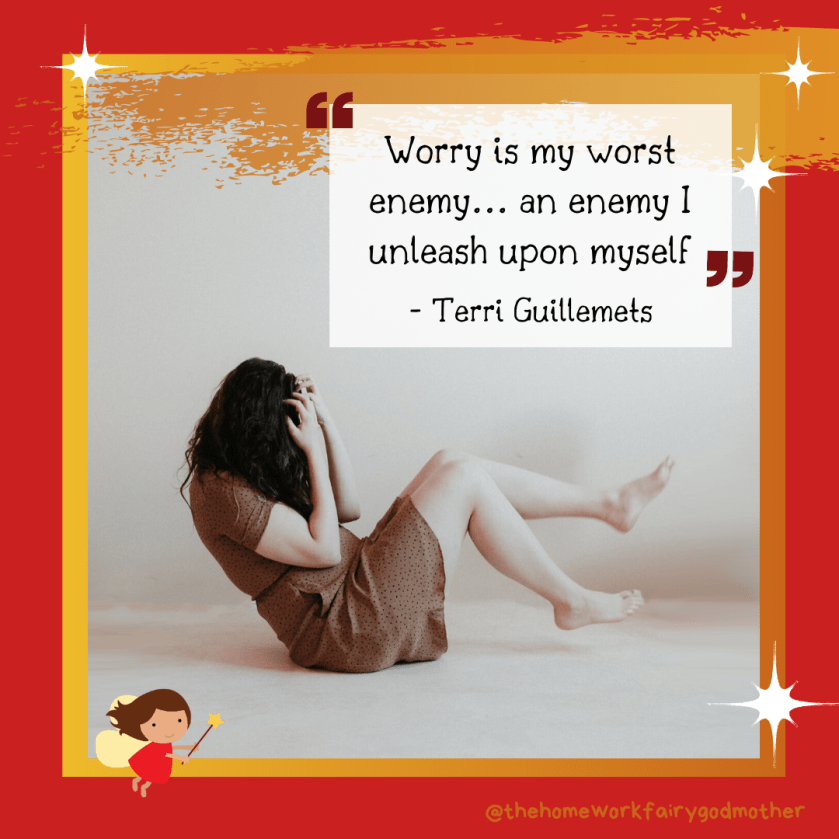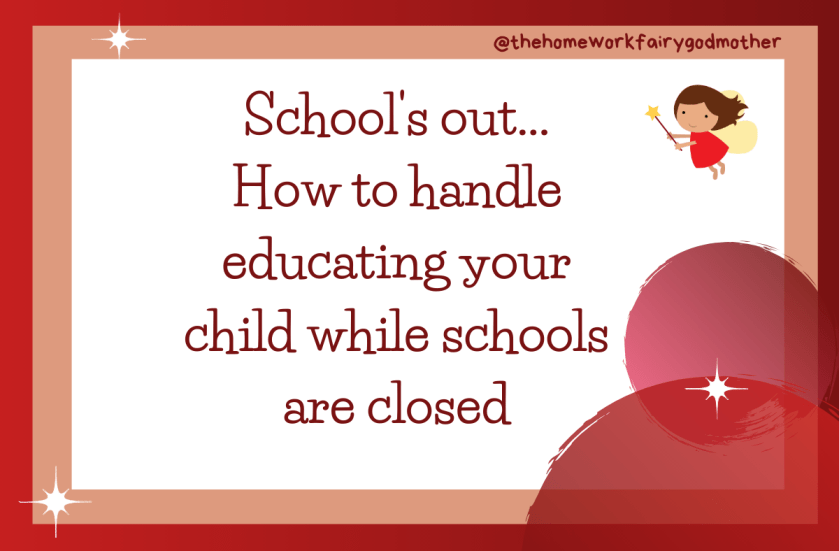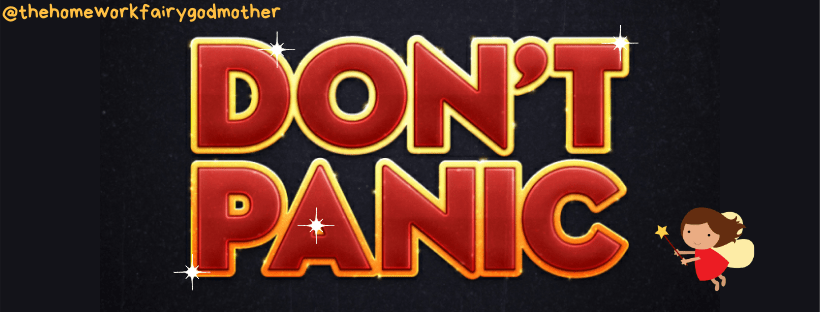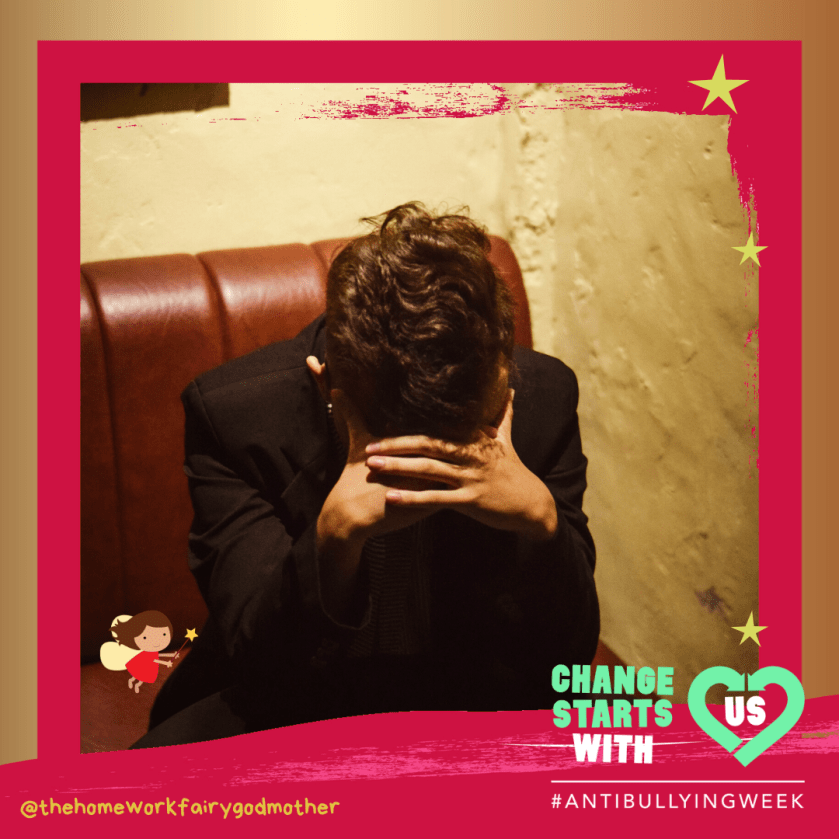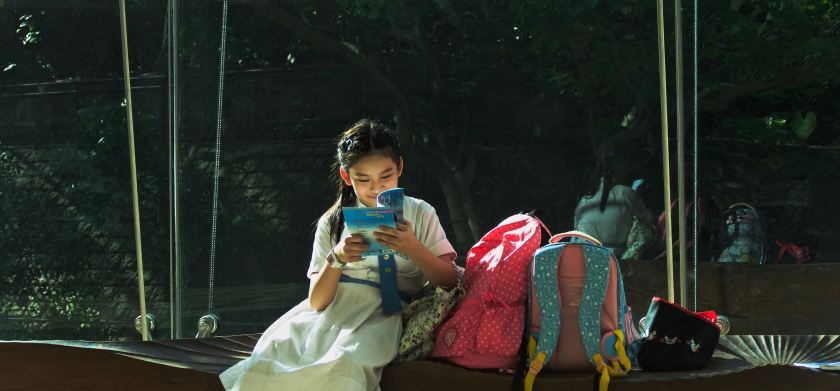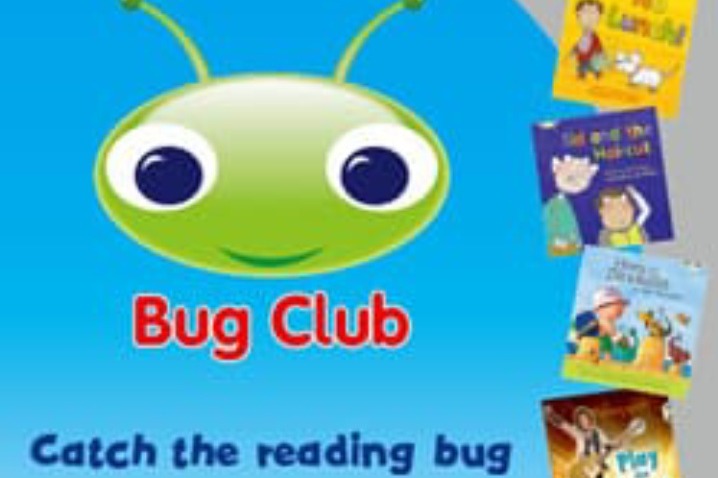Anxiety is a bitch. I used to have a mug with that on and it’s still true! As adults, anxiety can really impact the quality of our lives, and many of us need help to manage being anxious at times – whether that’s professional therapy, medication, or being able to talk things through with a partner or friend. We can recognise our anxiety and the effects it has on us.
Children may lack the vocabulary or experience to explain to us that they are anxious, so this is where you need to channel your inner Sherlock Holmes and be a detective! Here are three clues that your child might have anxiety.
Physical Clues:
- Feeling sick/vomiting
- Tummy aches/diarrhoea
- Headaches
Have you ever felt sick before an exam or an interview? Me too! The chemical signals that flood our body when we are anxious can make our body react by giving us physical symptoms. It’s exactly the same for our kids! If your child regularly complains of physical symptoms like these, it’s worth while keeping a record of when these happen. Is it before school? Is it on a certain school day? Is it before going shopping? Before going to a social event? If there is a connection – there’s your place to start narrowing down what is causing the anxiety.
Sleep Clues
- Insomnia
- Early waking
- Waking in the night
- Nightmares
- Bed-wetting
- Being resistant to going to bed
It’s not just toddlers that can struggle with bedtimes! Whilst changes in sleep routine can be indicative of a growth spurt or hormone surge (I see you, parents of pre-teens!) it may be caused by anxiety.
Behaviour Clues
- Increased aggression
- Tearful episodes
- Being short-tempered
- A lack of interest in activities they normally enjoy
- being restless
- A loss of appetite or increased appetite
- Needing to be in control of activities
- Getting in trouble at school
- Becoming withdrawn
A change in behaviour is your child communicating that there’s something amiss. As adults, we change our behaviour if we are anxious or worried – If I’m worried about something, I often don’t want to talk, or I get irritable at things that normally wouldn’t bother me! And it’s the same for our children. If your child changes their behaviour, it’s time to put Sherlock’s deerstalker on again!
There are lots of things that can cause anxiety. Some of these can come from outside sources – the big one for all of us recently is the Covid-19 pandemic. Some causes can come from inside our children – the desire to do well at school, or be part of a particular friendship group. We need to look at what the cause or causes of the anxiety might be.
The media
Events on the news may worry our children. We haven’t had a news report for over a year that hasn’t had some mention of the Covid-19 pandemic. Social media can create unrealistic expectations for how they should look, or what they should be doing.
Bullying
Bullying can take many forms, from ignoring your child to physical harm. It can be in school, on the way there or the way home, or over electronic devices. Fear of reprisals may make a child reluctant to tell a teacher or you about what’s happening.
Transitions and Life Changes
Changing to a new school year, changing schools, going to high school, moving house, a new sibling, exams (or in the last two years, lack of them), divorce, puberty – all of these are huge life changes and can be a source of worry.
Overwhelm
School is, by its very nature, demand orientated. Spellings to be learned, concepts to grasp, work to complete on time. Most schools emphasise attendance and will have lots of information telling you how important it is to be in school. However, all of our children have missed out on attending school for long periods of time during the pandemic. There is currently a lot of talk of ‘catch up’ and this can be overwhelming for many children. Many children are taking assessments within school over the next few weeks that will be very similar to exams – click HERE for ideas to deal with that stress!
There may be other areas that are causing overwhelm too: the relaxation of lockdown is opening up opportunities to meet family and friends and even when these opportunities are normally enjoyable, they may be overwhelming too.
So what can we do about it? Here’s three things to help!
Listen without judgment
Knowing that you won’t tell them they are being silly, or that you are going to get angry with them will give them confidence to tell you more. Even if you feel like their worries are over something small or insignificant, it isn’t small or insignificant to them! Let them know that their emotions are valid and how they feel is important.
Give them some control
Involving them in decisions on how you can help them. Ask them what they think will help. Can you talk with them to a teacher to see what is happening at school? Has there been a specific incident that has upset them? What could you do together to solve it?
Encouragement and affirmation
Let them know it’s ok to be worried, and everyone reacts in different ways. Tell them that your love and support isn’t conditional on them being a certain way – you know this, but our kids need to hear it A LOT! Give plenty of encouragement and support when they are doing something they find difficult. You might like to create a Rainbows and Rainclouds jar so they can write or draw something good about the day, or something that worried them that day to place in the jar – I’ve got a great free printable HERE that you can use!
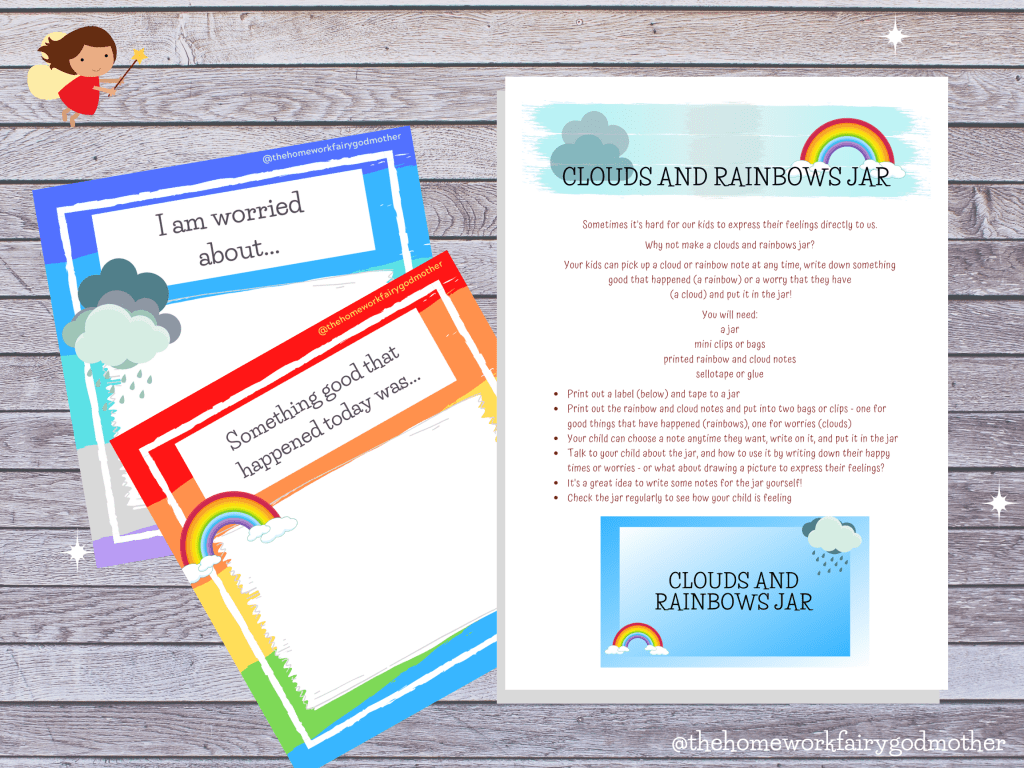
And finally, if your child’s anxiety doesn’t seem to be easing or is getting worse, talk to your child’s teacher and your GP. There are a number of organisations that can help children (and parents and carers) and you can find a great list of them here:
https://www.mind.org.uk/information-support/for-children-and-young-people/useful-contacts/
Phew! That was a long one! Do let me know if this has been helpful. Hop on over to Instagram or Facebook and let me know what has worked to help anxiety in your kids.


